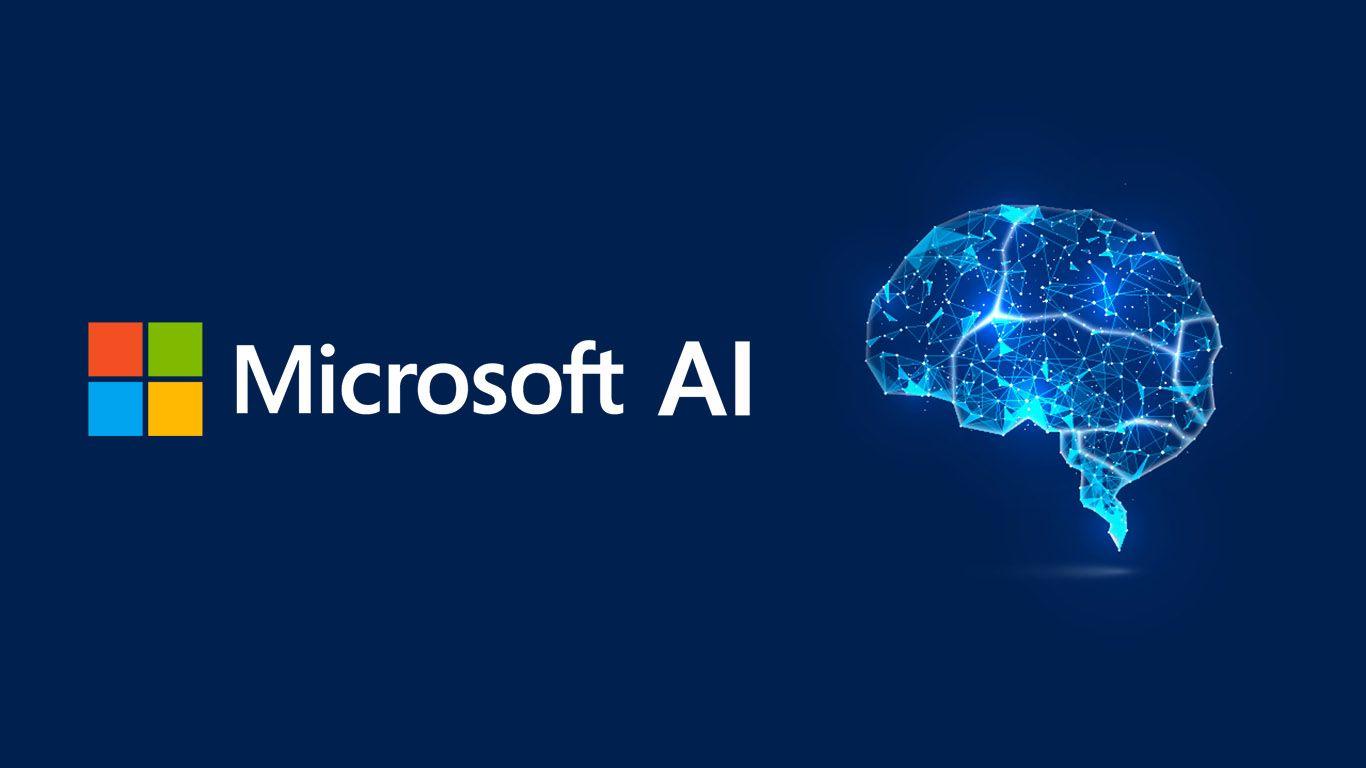


Microsoft on Wednesday (15/11) announced a pair of specially designed computing chips, joining other major technology companies that are bringing key technologies into their companies.
Microsoft said it has no plans to sell the chips, but will instead use them to power its own subscription software offerings and as part of its Azure cloud computing service.
At the Ignite developer conference in Seattle, Microsoft introduced a new chip, called Maia, to speed up artificial intelligence computing tasks and become the basis for its $30 (Rp. 468 thousand) per month “Copilot” service for business software users, as well as for developers who want to create custom artificial intelligence services.
The Maia chip is designed to run large language models, the type of artificial intelligence software that underlies Microsoft's Azure OpenAI service and is the product of Microsoft's collaboration with ChatGPT maker OpenAI.
Microsoft and other large technology companies such as Alphabet are struggling with the high costs of providing artificial intelligence services, which can be 10 times greater than traditional services such as search engines.
Microsoft executives say they plan to address those costs by directing nearly all of the company's efforts to embed artificial intelligence in its products through a common set of basic artificial intelligence models. The Maia chip, they say, is optimized for the job.
“We think this gives us a way to deliver better solutions to our customers that are faster, lower cost and higher quality,” said Microsoft group executive vice president of cloud and artificial intelligence Scott Guthrie.
Microsoft also announced that next year it will offer cloud services to Azure customers running on the latest flagship chips from Nvidia and Advanced Micro Devices. Microsoft says it is testing GPT 4 – OpenAI's most advanced model – on AMD chips.
“This is not something that replaces Nvidia,” said analyst firm Creative Strategies CEO Ben Bajarin.
He said the Maia chip will allow Microsoft to sell artificial intelligence services in the cloud until personal computers and mobile phones are powerful enough to handle them.
“Microsoft has a very different core opportunity here because they make a lot of money per user on the service,” Bajarin said.
Microsoft's second chip announced Tuesday is designed to be an internal cost saver and an answer to Microsoft's main competitor in the cloud, Amazon Web Services.
Named Cobalt, the new chip is a central processing unit (CPU) made with technology from Arm Holdings. Microsoft revealed on Wednesday that it has been testing Cobalt to power Teams, its business messaging tool.
But Microsoft's Guthrie said his company also wants to sell direct access to Cobalt to compete with the in-house "Graviton" series of chips offered by Amazon Web Services (AWS).
“We designed our Cobalt solution to ensure that we are highly competitive both in terms of performance and price-performance (compared to Amazon chips),” Guthrie said.
AWS will hold its own developer conference later this month, and a spokesperson said that its Graviton chip now has 50,000 customers.
“AWS will continue to innovate to deliver the next generation of AWS-designed chips to deliver better price performance for whatever workloads customers need,” the spokesperson said after Microsoft announced their chips.
Microsoft provided few technical details that allow measuring the chip's competitiveness compared to traditional makers' chips.
Corporate vice president for hardware systems and infrastructure for Azure, Rani Borkar, said both were made with 5 nanometer manufacturing technology from Taiwan Semiconductor Manufacturing Co.
He added that the Maia chips will be connected with standard Ethernet network cables, not the more expensive custom Nvidia networking technology that Microsoft uses in supercomputers built for OpenAI.
“You will see us going more down the standardization path,” Borkar said. This was broadcast by Reuters, Thursday (16/11) local time.
Early Warning System by Kemenkominfo Reaches 1005 Regions
Early Warning System via digital TV from Kemenkominfo reaches 1005 regions across Indonesia, providing early disaster warnings. Donation from Japan's government
Read MoreSamsung Introduces Auto Blocker for HP Security
Auto Blocker: Samsung's newest protection for your cellphone security. Safer, more risk free!
Read MoreTinder Creates Public Awareness Campaign About Romance Scams
Tinder launches romance scam prevention campaign in Southeast Asia.
Read MoreCopyright © 2023 Visi Global Teknologi. All rights reserved.


